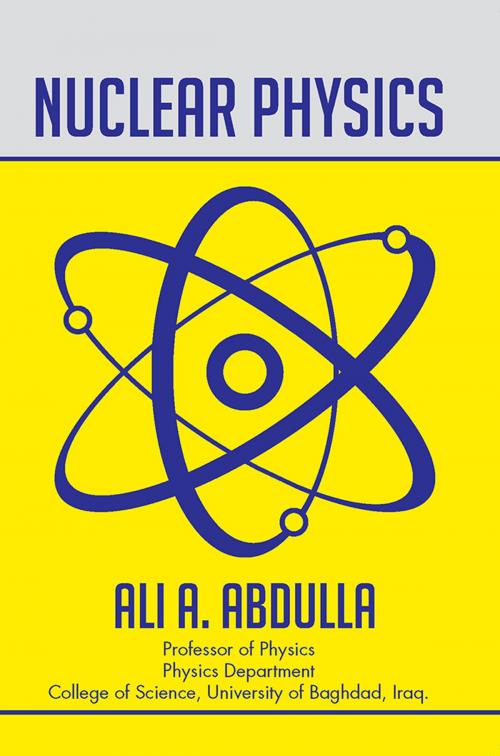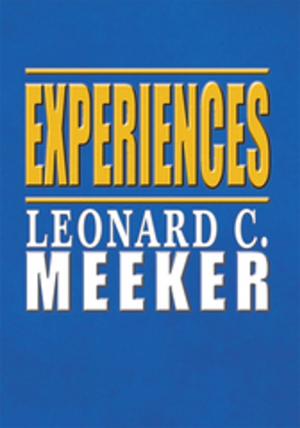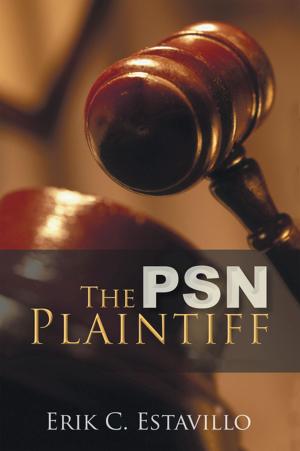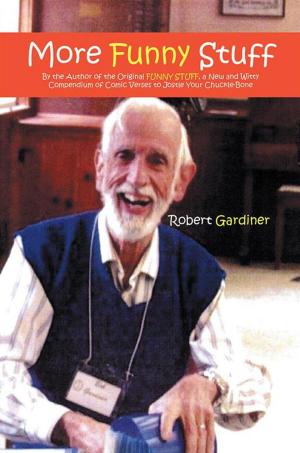| Author: | Ali A. Abdulla | ISBN: | 9781503590052 |
| Publisher: | Xlibris US | Publication: | October 16, 2015 |
| Imprint: | Xlibris US | Language: | English |
| Author: | Ali A. Abdulla |
| ISBN: | 9781503590052 |
| Publisher: | Xlibris US |
| Publication: | October 16, 2015 |
| Imprint: | Xlibris US |
| Language: | English |
This book is based on a nuclear physics course the author has taught to graduate students at the Physics Department, College of Science, University of Baghdad, Iraq, for the period 19782007. Also, it is based on the authors experiences in the field of nuclear physics, teaching, researching, and administration of certain scientific institutions and organizations. It consists of nine chapters and an appendix of some solved problems to illustrate the subject to the students. As a textbook in nuclear physics, it actually deals with the physics of the nucleus of the atom, from the time of discovering the nucleus by the alpha particle (a) scattering by gold film experiment by Rutherford (1911). Therefore, it describes and demonstrates the following important subjects: Nuclear radius and shapes, properties The nuclear force, properties, and features Proposed nuclear models Nuclear potential, different suggested types Nuclear constituents, the protons (p) and the neutrons (N) The nucleon as identity to p and N according to the charge and energy state The angular momentum of the nucleus and its quadruple moment The nuclear interactions The rotation properties of the nucleus The electromagnetic properties of the nucleus Transitions, properties, and Fermi golden rules Beta decay and the nonconservation of parity and the CPT conservation, the helicity Nuclear particles physics Solved problems
This book is based on a nuclear physics course the author has taught to graduate students at the Physics Department, College of Science, University of Baghdad, Iraq, for the period 19782007. Also, it is based on the authors experiences in the field of nuclear physics, teaching, researching, and administration of certain scientific institutions and organizations. It consists of nine chapters and an appendix of some solved problems to illustrate the subject to the students. As a textbook in nuclear physics, it actually deals with the physics of the nucleus of the atom, from the time of discovering the nucleus by the alpha particle (a) scattering by gold film experiment by Rutherford (1911). Therefore, it describes and demonstrates the following important subjects: Nuclear radius and shapes, properties The nuclear force, properties, and features Proposed nuclear models Nuclear potential, different suggested types Nuclear constituents, the protons (p) and the neutrons (N) The nucleon as identity to p and N according to the charge and energy state The angular momentum of the nucleus and its quadruple moment The nuclear interactions The rotation properties of the nucleus The electromagnetic properties of the nucleus Transitions, properties, and Fermi golden rules Beta decay and the nonconservation of parity and the CPT conservation, the helicity Nuclear particles physics Solved problems















